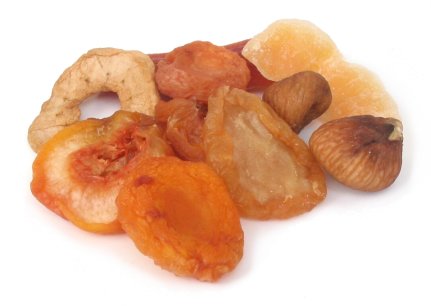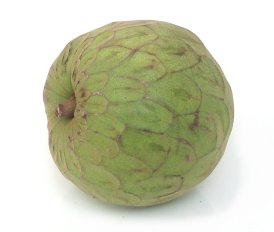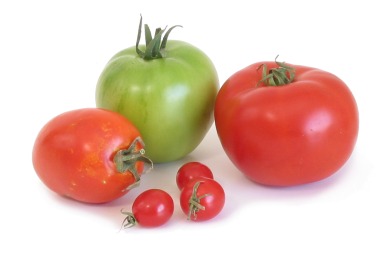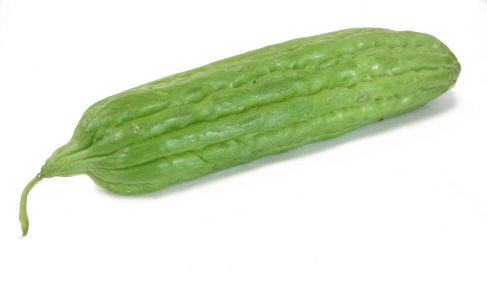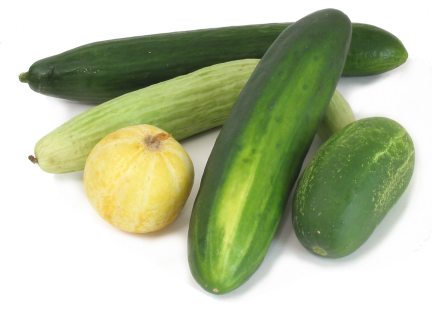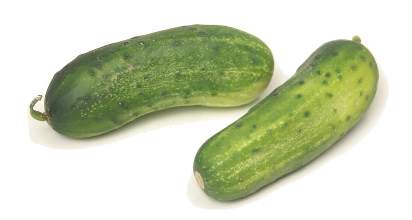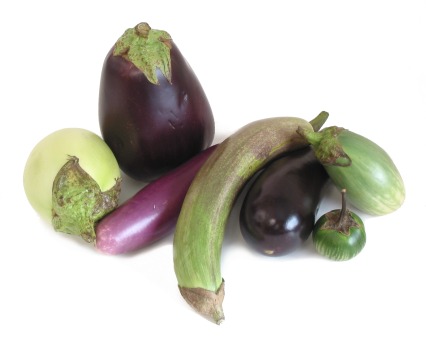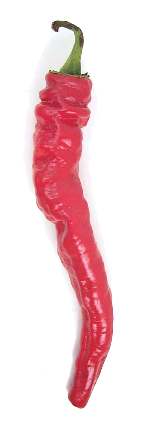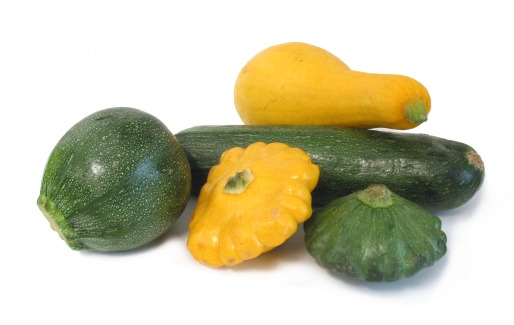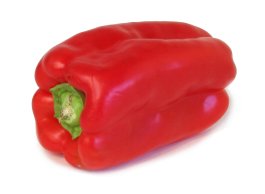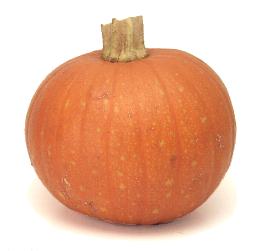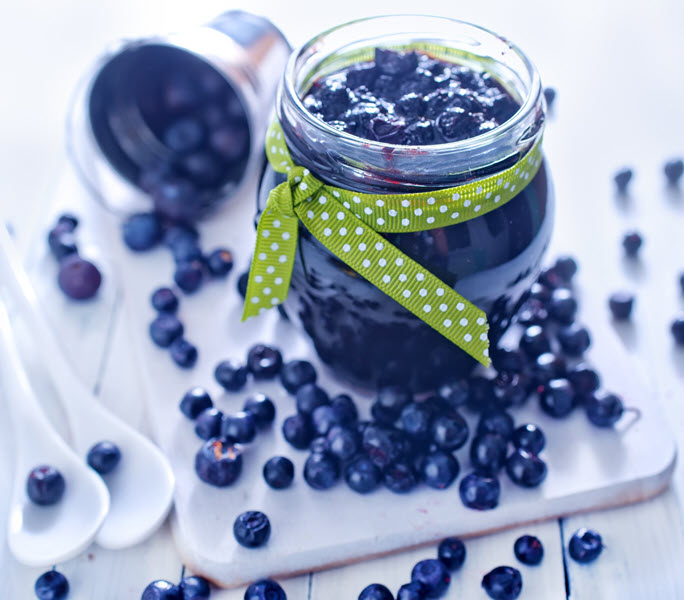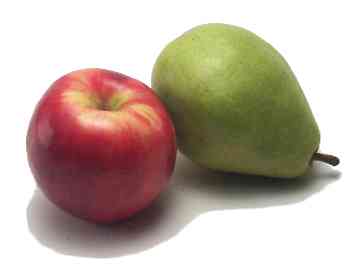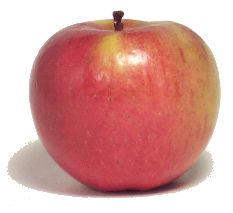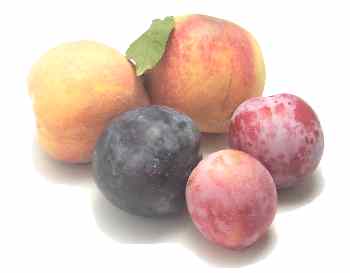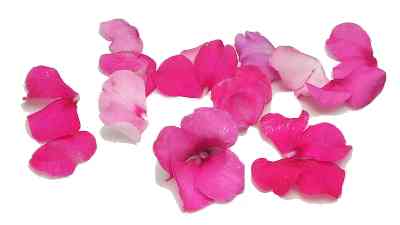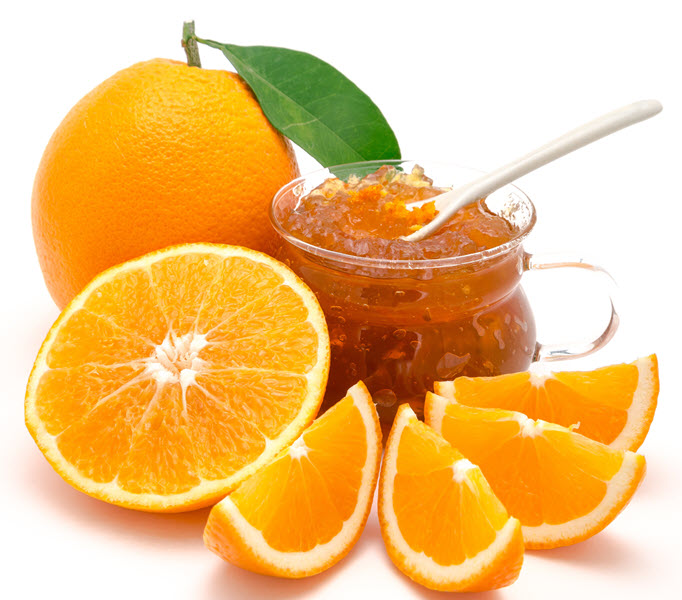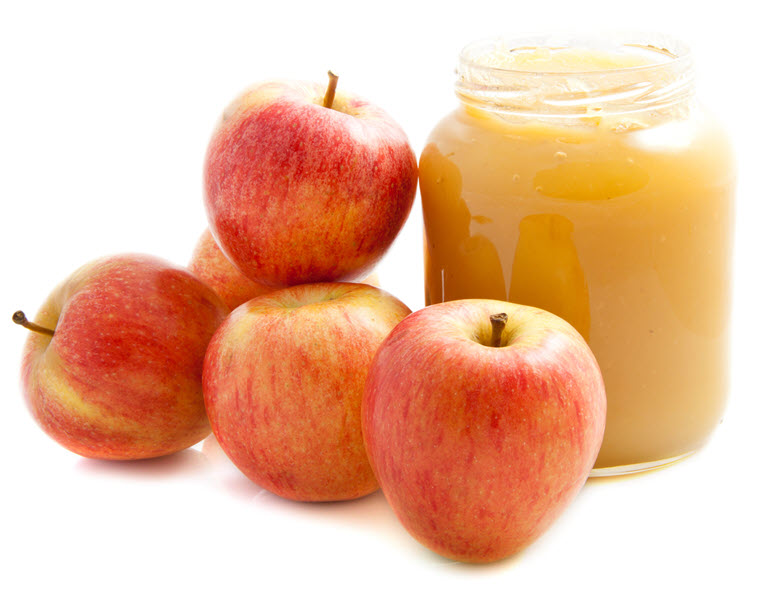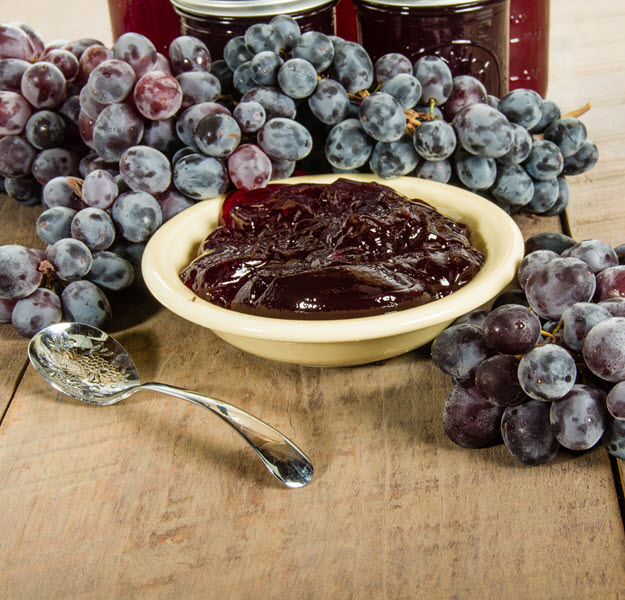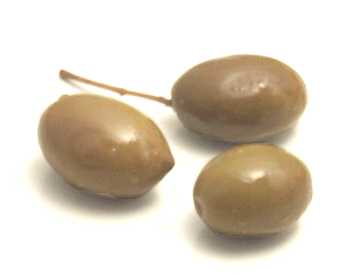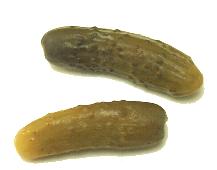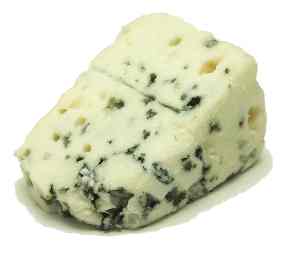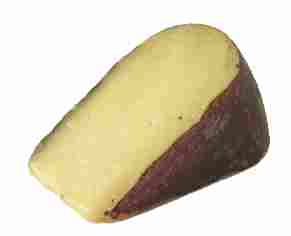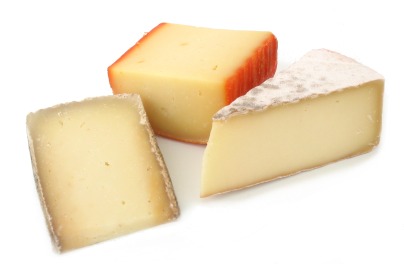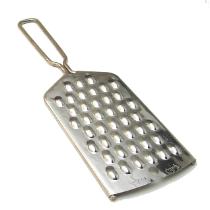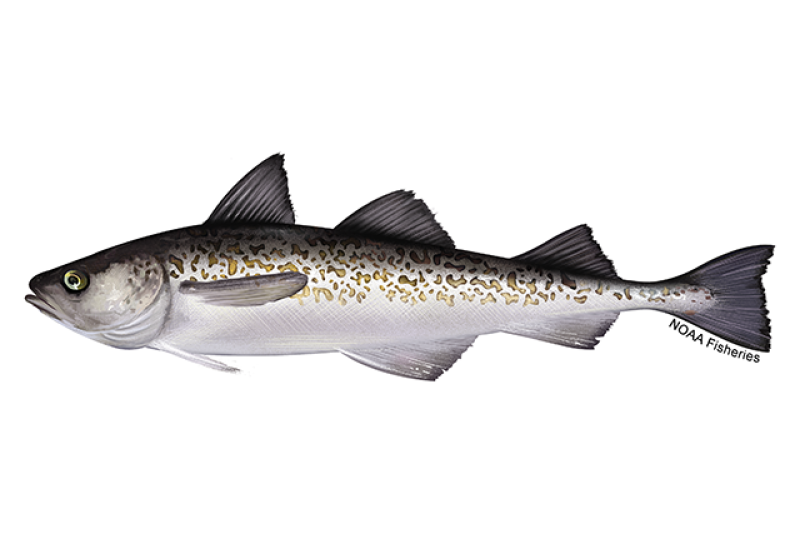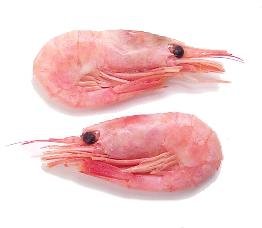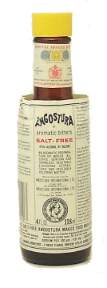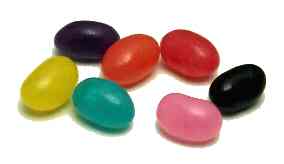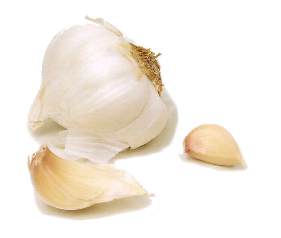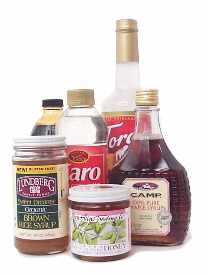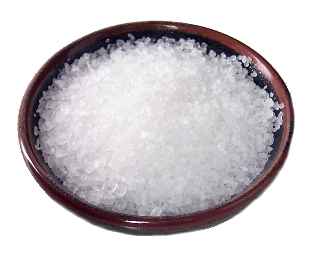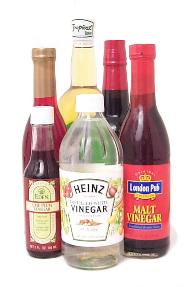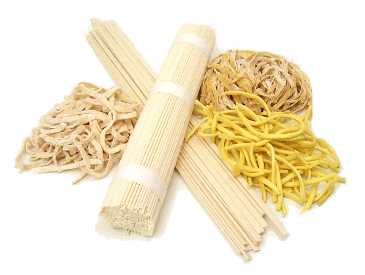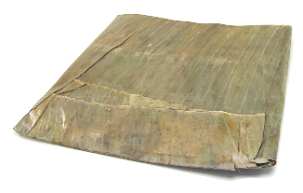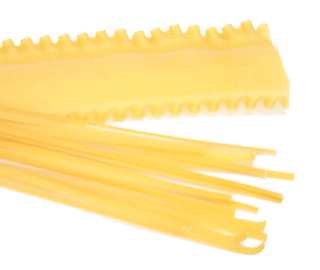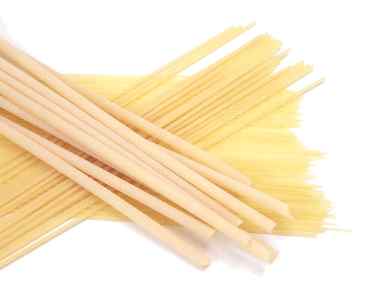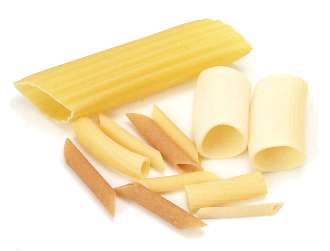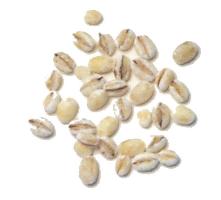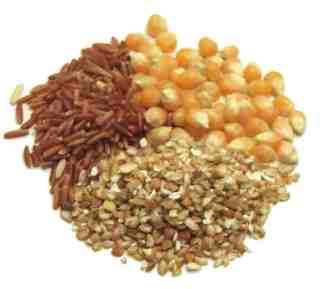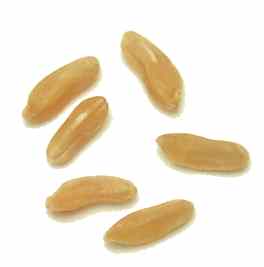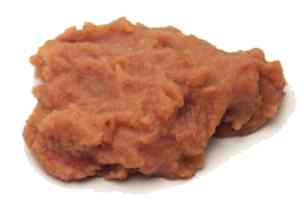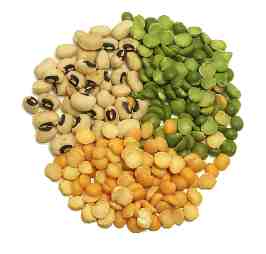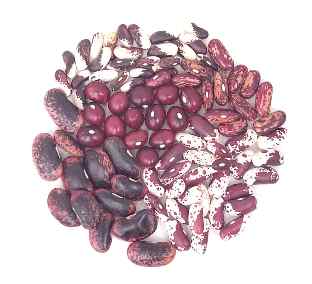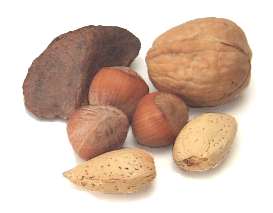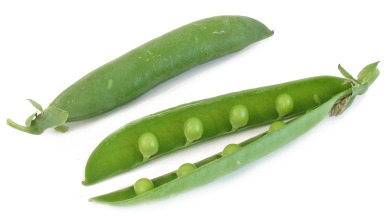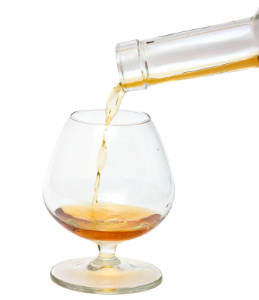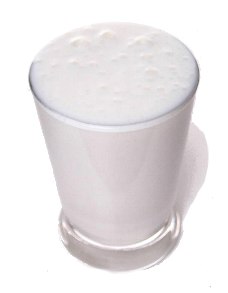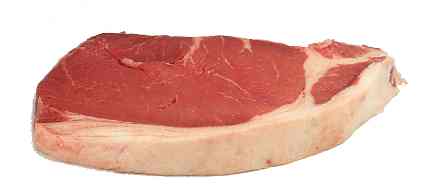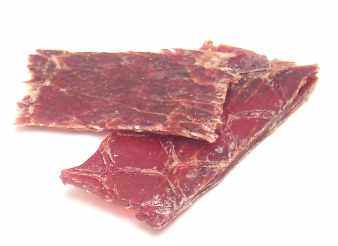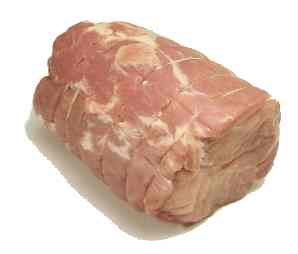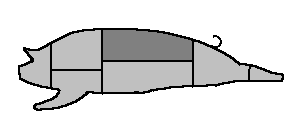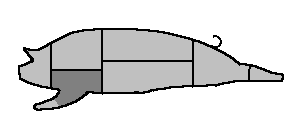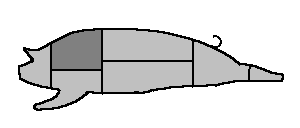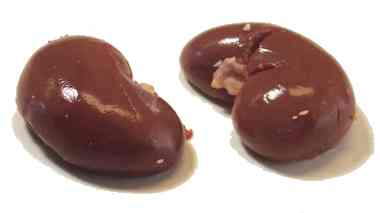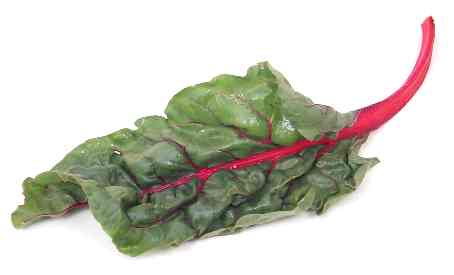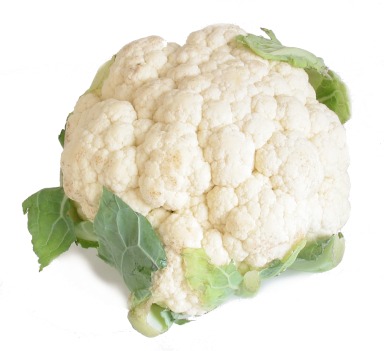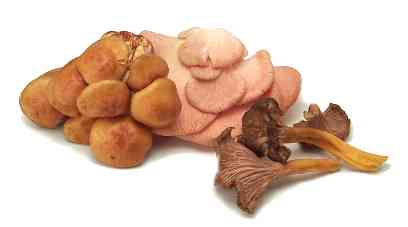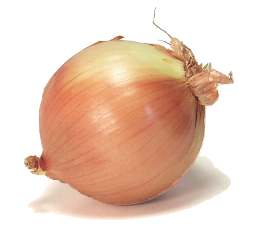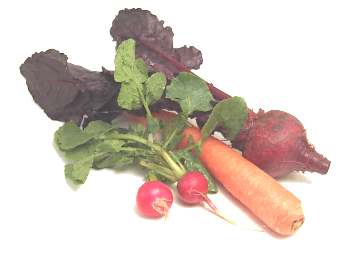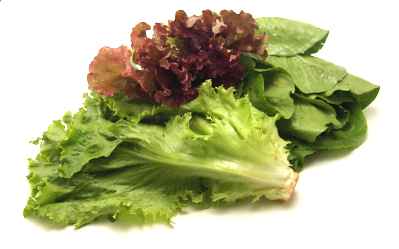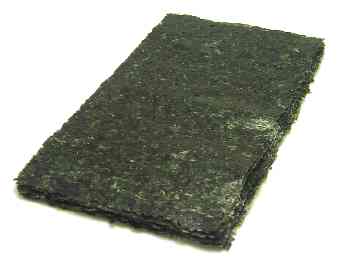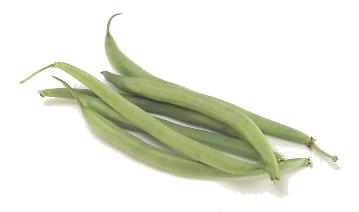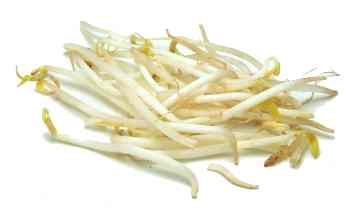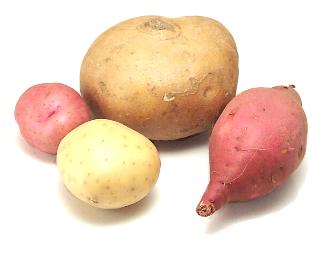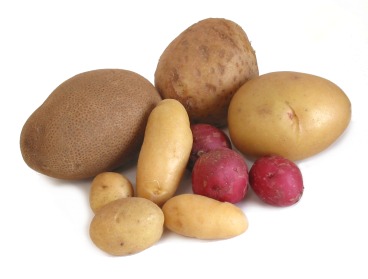Fruit Category

Includes berries, citrus fruit, melons, tropical fruit, and tomatoes
Fruits are the matured ovaries of plants, containing the seeds for the next generation of plants. Many plants cunningly make their fruits sweet, the better to attract animals like us to eat them and disperse the seeds. Fruits are often delicious enough to eat out of hand, but they can also be made into tarts, compotes, shakes, juices, preserves, liqueurs, and many other things.
dried apple
These are popular additions to trail mixes. They're often treated with sulfur to improve their color and shelf life.
Learn moredried apricot
Turkish dried apricots are lighter in color and milder in flavor than other varieties. They're often treated with sulfur to improve their color and shelf life.
Learn moredried apricot paste
People in the Middle East usually make a drink out of this fruit leather by putting it into boiling water. During Ramadan, it's often served before and after the day-long fast. Look for it in Middle Eastern markets.
Learn moredried banana
These usually come in two forms: long spears, which are very sweet and best for cooking, and chips, which are fried in oil, crunchy, and best suited for trail mixes.
Learn moredried cherry
These are large and sweet, and they can serve as a refreshing alternative to raisins in many recipes.
Learn moredried citrus peel
Begin with orange, lemon, tangerine, or grapefruit peels, scrape off and discard as much of the bitter white pith as possible, and dry what's left in the sun until hard
Learn moredried cranberries
With their flashy color and tangy flavor, dried cranberries are a good alternative to raisins in many recipes. Craisins is a well-known brand.
Learn moredried fig
These are a great source of fiber and calcium. Varieties include the Black Mission fig, which is a good choice for eating out of hand, and the Calimyrna = Turkish = Smyrna fig, which is best for cooking. If your figs become too dry, you can rehydrate them with water. Don't eat the stems.
Learn moreDried Fruit
Dried fruit is a terrific snack, but cooks also use it in everything from muffins to stews. Drying has the obvious advantage of letting us enjoy our favorite fruit when it's out of season, but it also serves to concentrate the fruit's flavor and sugar. Since high concentrations of sugar ward off bacteria, dried fruit can last up to a year without refrigeration. If you live in a hot, dry climate, you can dry fruit just by leaving it out in the sun for a few days. If not, you can use an oven or dehydrator. Sulfur dioxide is sometimes added to the fruit to improve its shelf life and color. If you're allergic to it, you can usually find unsulfured dried fruit at health food stores. In a pinch, you can remove some of the sulfur by boiling treated dried fruit for a minute or so, then draining off the liquid.
Learn moredried mulberries
These are the size of large raisins, and they taste like very dry figs. Look for them in Middle Eastern markets.
Learn moredried nectarines
These are similar to dried peaches, but often a bit more expensive. They're often treated with sulfur.
Learn moredried peach
These are similar to dried apricots, only larger and milder. They're often treated with sulfur.
Learn moredried pear
These don't have the cloying sweetness of some dried fruits. They're often gassed with sulfur dioxide in the drying process in order to improve their color and shelf life.
Learn moreduku
Duku fruit are round, tan and 1 to 2 inches in diameter. The hard shell surrounds a soft fleshy sweet and tart thick flesh. They grow in clusters.
Learn moredurian
The weird and smelly durian has attracted a cult-like following. It's called the King of Fruits by aficionados in Southeast Asia, but Westerners usually don't care much for its mild oniony flavor. Once cut open, the durian eventually gives off such a strong and foul odor that it's banned on Singaporean subways. Look for it in Asian markets. The boiled seeds of the durian are called betons.
Learn moreEggplants
This is a spongy, mild-tasting vegetable that's meaty yet low in calories. It's never eaten raw, but it can be baked, grilled, or sautéed. The best eggplants are shiny, firm (but not too hard), and heavy for their size, with bright green stems and unbroken skin. Smaller eggplants tend to have fewer bitter seeds, as do "male" ones with round scars at their blossom (non-stem) end. (The scars on "female" eggplants look like dashes.) Freshness is important, so don't store eggplants for very long.
Learn moreelderberry
These are too tart for most people to eat out of hand, but they make terrific preserves and wine.
Learn moreEmpire apple
This is a Red Delicious-McIntosh cross that's great for baking or eating out of hand.
Learn moreEnglish cucumber
This foot-long slicing cucumber is pricier and less flavorful than other varieties, but it has less conspicuous seeds, a thinner skin, and a plastic wrapper--instead of a wax coating--to improve shelf life. All of this saves preparation time, since there's no need to peel or seed the cucumber before slicing it. This is a good variety if you focused on looks--you can cut it into round, green trimmed slices.
Learn morefeijoa
To eat feijoas, just cut them in half and scoop out the pulp with a spoon. They also make terrific preserves and syrups. Look for them in large supermarkets. If they're hard when you buy them, allow them to ripen at room temperature until they give a bit when you squeeze them, then store them in the refrigerator.
Learn morefig
Varieties include Calimyrna = Smyrna and Kadota, both with green skin and pinkish-white flesh, and the most popular variety, and the Mission fig = black Mission fig, with dark purple skin and pink flesh. Dried figs are not good substitutes for fresh.
Learn morefraises des bois
These small, wild strawberries are either white or red, and have a very intense flavor.
Learn moreFresno pepper
These are similar to jalapeno peppers, but with thinner walls. They're great in salsas. Green Fresnos are available in the summer. the hotter red ones come out in the fall.
Learn moreFuerte avocado
This is in season from late fall through spring. It's not quite as buttery as the Hass avocado, but its flavor is excellent.
Learn more




